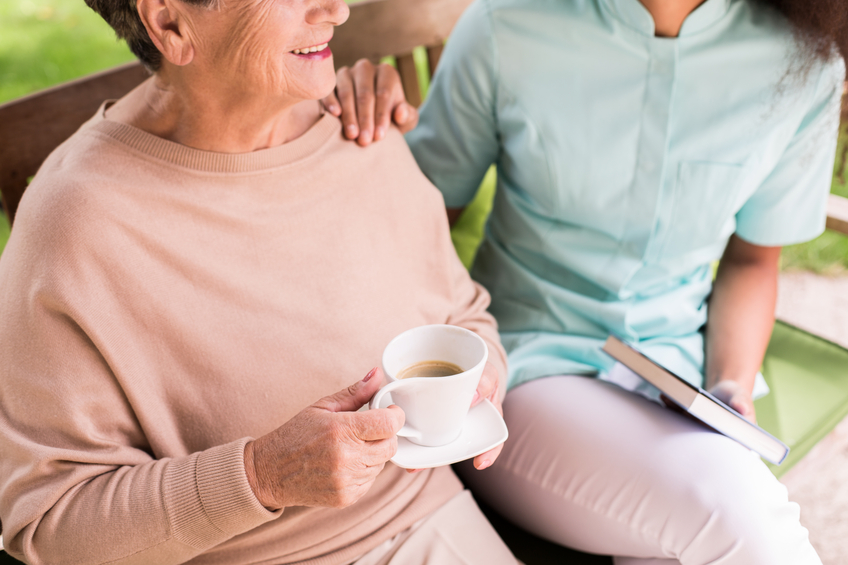Although about 60,000 Americans are diagnosed with Parkinson’s disease each year, according to the National Institutes of Health, it’s hard to know exactly how many people are affected by the disease because many people in the early stages of the disease think their symptoms are due to normal aging.
“Often, people will delay seeing a medical professional due to busy schedules, thinking that symptoms are part of the normal aging process or not wanting to have a diagnosis made,” says Dr. John Webb, a neurologist with St. Elizabeth Physicians.
Here are signs to watch for from the National Parkinson Foundation:
Tremor or Shaking. Twitching or shaking of limbs is a common early sign of Parkinson’s disease. Watch for tremors in the fingers, hands, face and limbs.
Small Handwriting. A sudden change in handwriting is often a sign of Parkinson’s disease. You may notice the letter sizes are smaller and the words are crowded together.
Loss of Smell. If you notice you have trouble smelling certain, such as bananas, dill pickles or licorice, talk to your doctor.
Trouble Sleeping. Thrashing about, falling out of bed and sudden movements during sleep may be a sign of Parkinson’s disease.
Trouble Moving or Walking. Watch for stiffness, particularly if it doesn’t go away when you move. You might notice that your arms don’t swing when you walk, or others may say you look stiff.
Constipation. Straining to move your bowels can be an early sign, although it can also be a sign you are not consuming enough fiber.
A Soft or Low Voice. Have you or others noticed a change in your voice? Has it become quieter or hoarse sounding? A chest cold or other virus can cause your voice to sound different, but your voice will return to normal once the virus has cleared out.
Masked Face. Serious, angry or depressed facial expressions ““ when you aren’t feeling those emotions ““ are called “masking” and can be a manifestation of Parkinson’s as can a blank stare and failure to blink very often.
Dizziness or Fainting. Feeling dizzy or fainting can be signs of low blood pressure and can be linked to Parkinson’s disease.
Stooping or Hunching Over. Stooping, leaning or slouching can be a symptom.
Webb says anyone experiencing the four main features of Parkinson’s – tremors, slow movement, rigidity or stiffness, and instability when standing or walking – should be evaluated by a medical professional.
“As of today, no treatment can alter the underlying disease process,” he says. “However, there are plenty of options available to help treat the symptoms of the disease. Early intervention can make these options more readily available to patients.”


